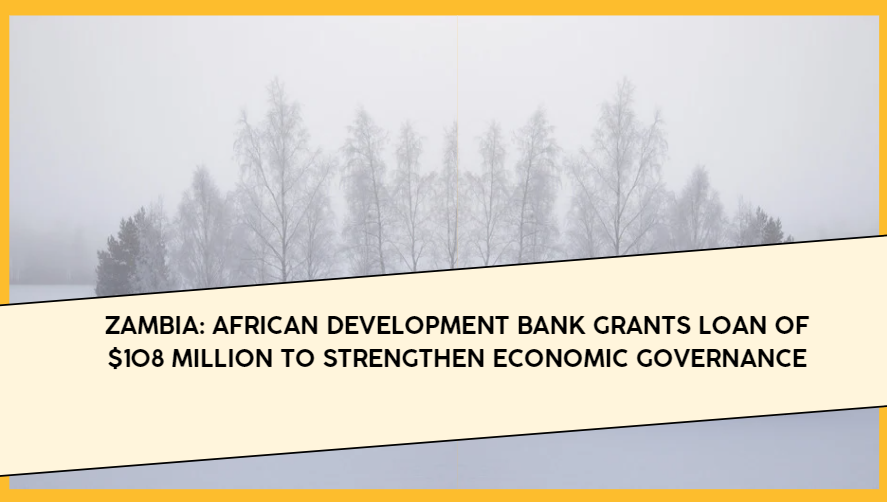Debt Alliance Commends Government's IMF Reform Progress, Urges Caution
The Civil Society Organizations Debt Alliance has applauded the Zambian government for its strides in implementing reforms under the International Monetary Fund (IMF) programs, describing the progress as a positive step toward economic recovery.
Speaking on behalf of the alliance, Coordinator Peter Mumba noted that the ongoing reforms are laying the groundwork for sustainable economic growth and have the potential to enhance the well-being of all Zambians. “The country is on track with these necessary reforms, and their successful implementation will be instrumental in building a resilient economy,” Mr. Mumba remarked.
However, Mr. Mumba also urged the government to carefully consider the broader impact of some policy adjustments. He stressed the importance of ensuring that the reforms do not lead to unintended consequences that could exacerbate existing challenges. “While reforms are necessary, their implementation must be measured and considerate of the social and economic realities faced by ordinary citizens,” he cautioned.
A particular concern raised by Mr. Mumba is the prevailing high cost of living, which he said has plunged many Zambians into poverty. He called for the government to prioritize measures that alleviate the burden on households, emphasizing that economic growth must translate into tangible benefits for citizens.

The Debt Alliance's mixed message underscores the balance needed between pursuing structural reforms and addressing immediate socio-economic pressures. While IMF programs typically focus on fiscal discipline and economic stabilization, there is often public concern about their impact on vulnerable populations.
The government, which has been working to meet IMF program benchmarks, has highlighted the long-term benefits of these reforms, including increased investor confidence, macroeconomic stability, and debt sustainability. However, critics argue that the immediate cost of austerity measures can be steep for citizens already grappling with high food and energy prices.
Observers are calling for increased transparency and public engagement as the government moves forward with its reform agenda. Strengthening dialogue with civil society and other stakeholders, they suggest, will ensure that the reforms are not only effective but also inclusive.
The alliance’s acknowledgment of progress reflects optimism about Zambia's economic trajectory, tempered by a clear reminder of the human cost of reforms. As Zambia navigates this critical period, the challenge remains to strike a balance between achieving fiscal stability and safeguarding the livelihoods of its people.























































First, please LoginComment After ~